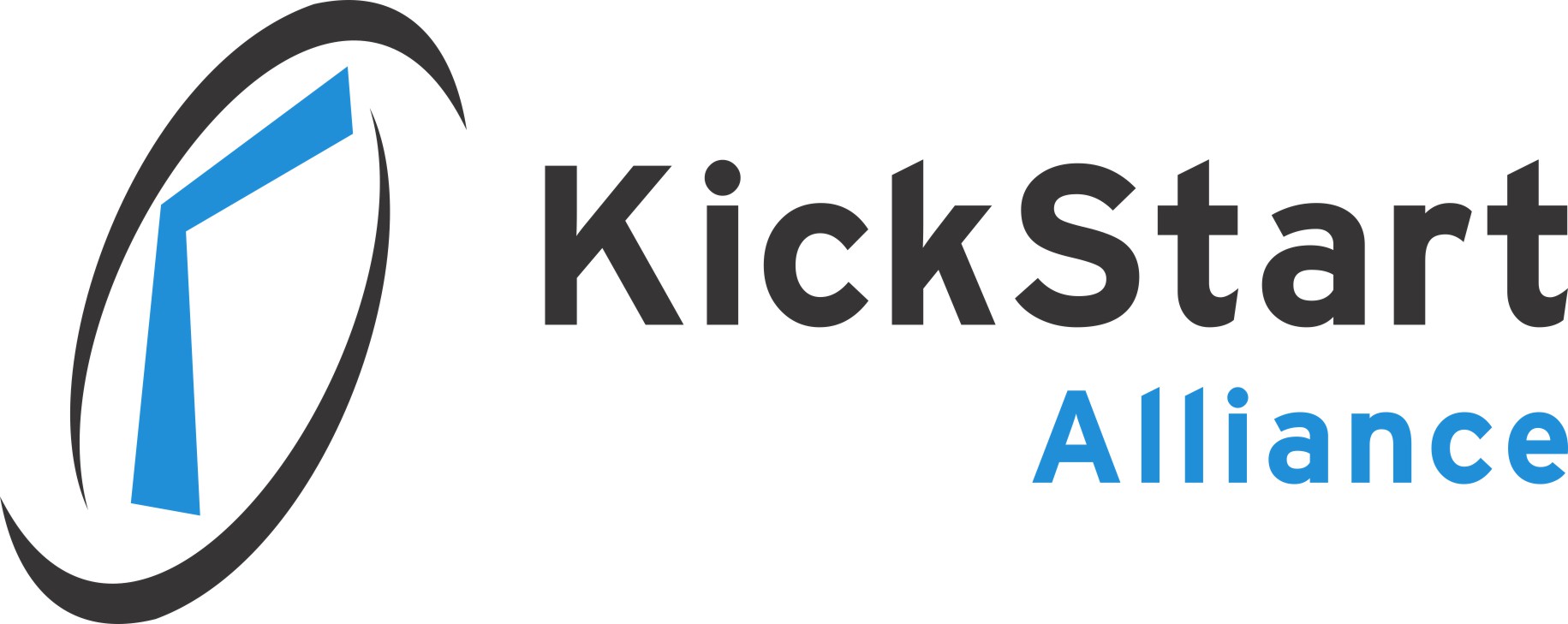
We work in a world of LinkedIn keywords and AI sorted resumes. In that environment, where do you focus your time to achieve the career growth and challenges you desire? Building experience or obtaining certifications?
Recently, I passed the Salesforce Certified Administrator certification. As I invested my time in studying, I discussed with colleagues and clients whether certifications are necessary or if experience is enough. The short answer based on those conversations: it depends.
Why get certified?
Certification provides an unbiased, third party validation of your knowledge, experience and skills. This reduces the risk of hiring you. Remember the old adage, no one ever got fired for hiring IBM? Perhaps certifications are this decade’s IBM.
In addition, having a credential is a signal to present and future employers that you have the combination of commitment and focus to successfully pass the exam. This value is less about the content of the certification and more about the quality of your character and professionalism, which can be hard to glean from a resume.
Finally, in a competitive marketplace, certification may be the differentiating factor that pushes a client or employer toward you rather than an equally experienced, non-certified candidate. While additional or more relevant experience may also set you apart, it is less clear cut. Hiring managers under pressure may prefer the simplicity of certification, particularly when considering candidates who are early in their careers.
With these positives, why rely on experience alone?
First, depending on your area of focus, it may require a significant investment of time and money to be qualified. Certifications that hold value are no joke, which is why the investment is worthwhile in many cases. Make sure you understand what will be required to pass the test before you begin investing too deeply.
Second, even with a plan in place and realistic expectations, you may fail. What will you do next if you don’t pass the first time? Will you take the test again? How many times will you try before you decide it’s not worth the additional investment? I decided I would take the test up to three times. After that, I was unlikely to pass on future attempts and would refocus my study time on gaining relevant experience. Determine your maximum allowed investment to pass the test.
Third, how does the value of the certification compare to investing that time in gaining experience instead? Many certifying organizations recommend a minimum period working within their environment. This is outstanding advice, as real-world experience is challenging to replicate through study. The work solidifies the concepts in your mind. Experience imparts not just knowledge, but also understanding. Doing the work teaches real life use cases and best practices.
While certifications provide a safety net and comfort to those hiring you, your skills and experience matter more in the long run. Early in your career, as well as during a transition to a new field or role, certification may bridge the experience gap. If you decide to pursue a certification, like I did, be thoughtful about why you want that specific certification and what it will do for you. Make sure it is worth your investment. Then do your best to pass on the first try.
